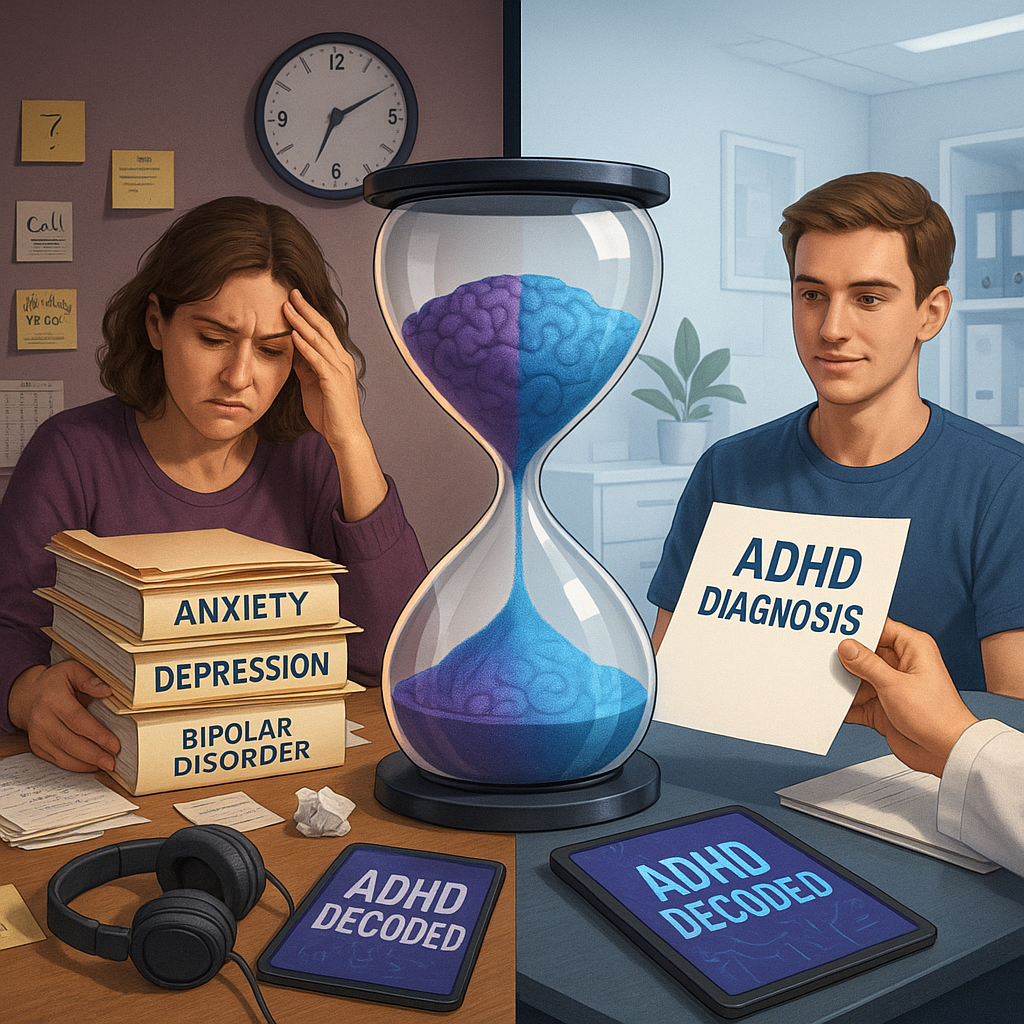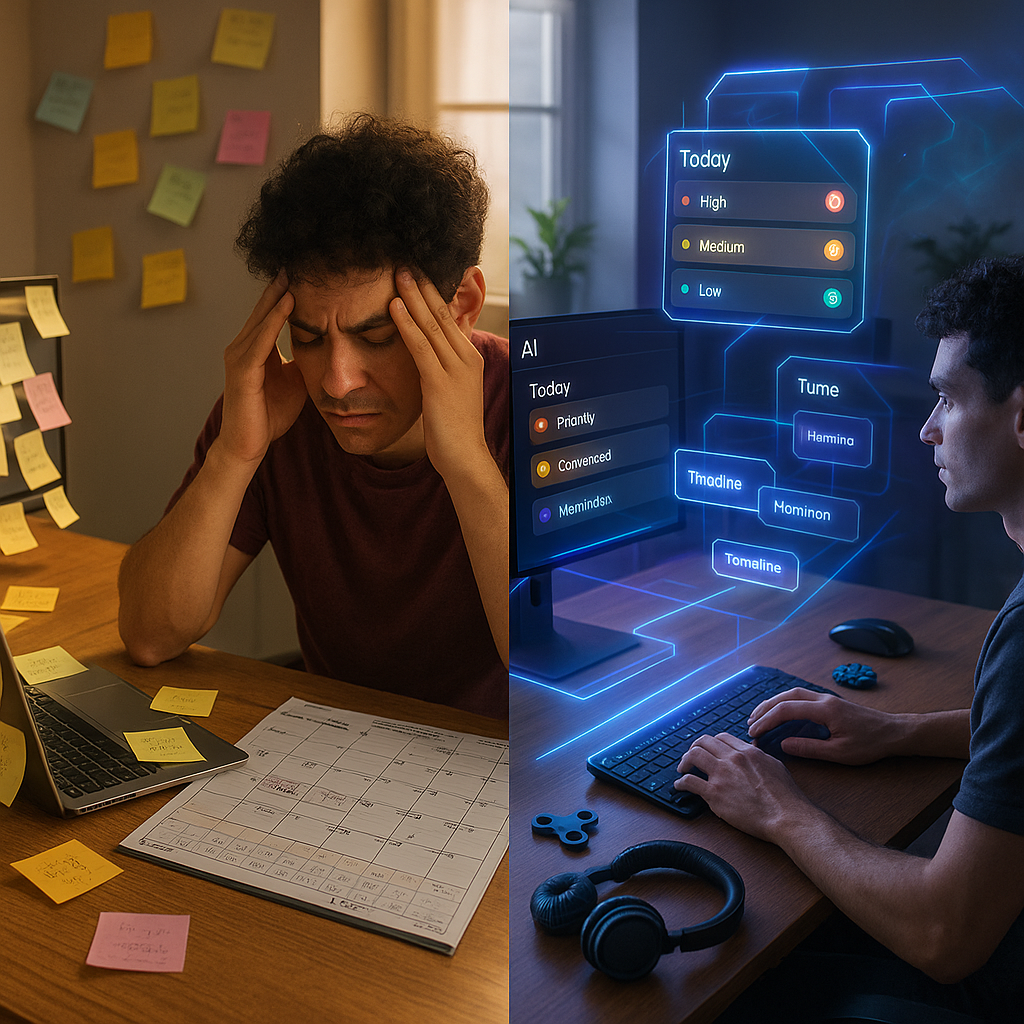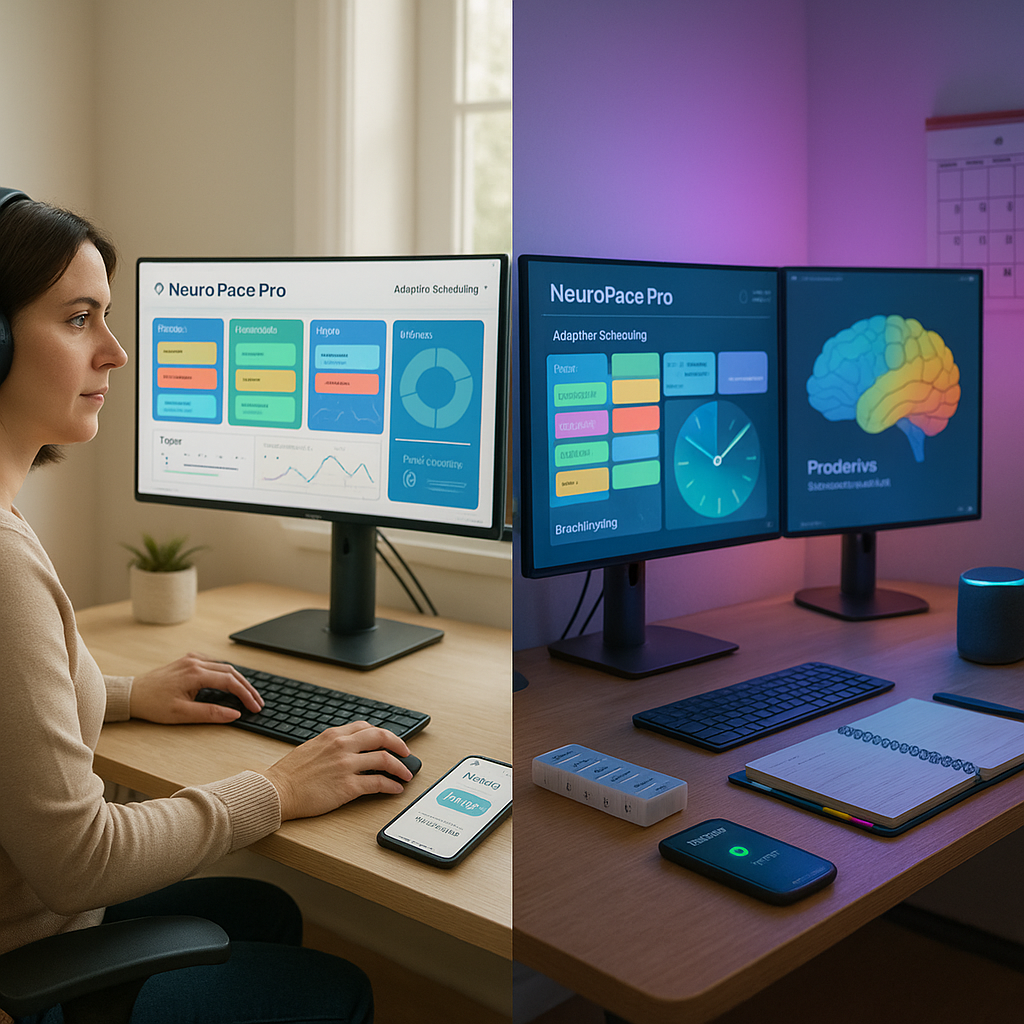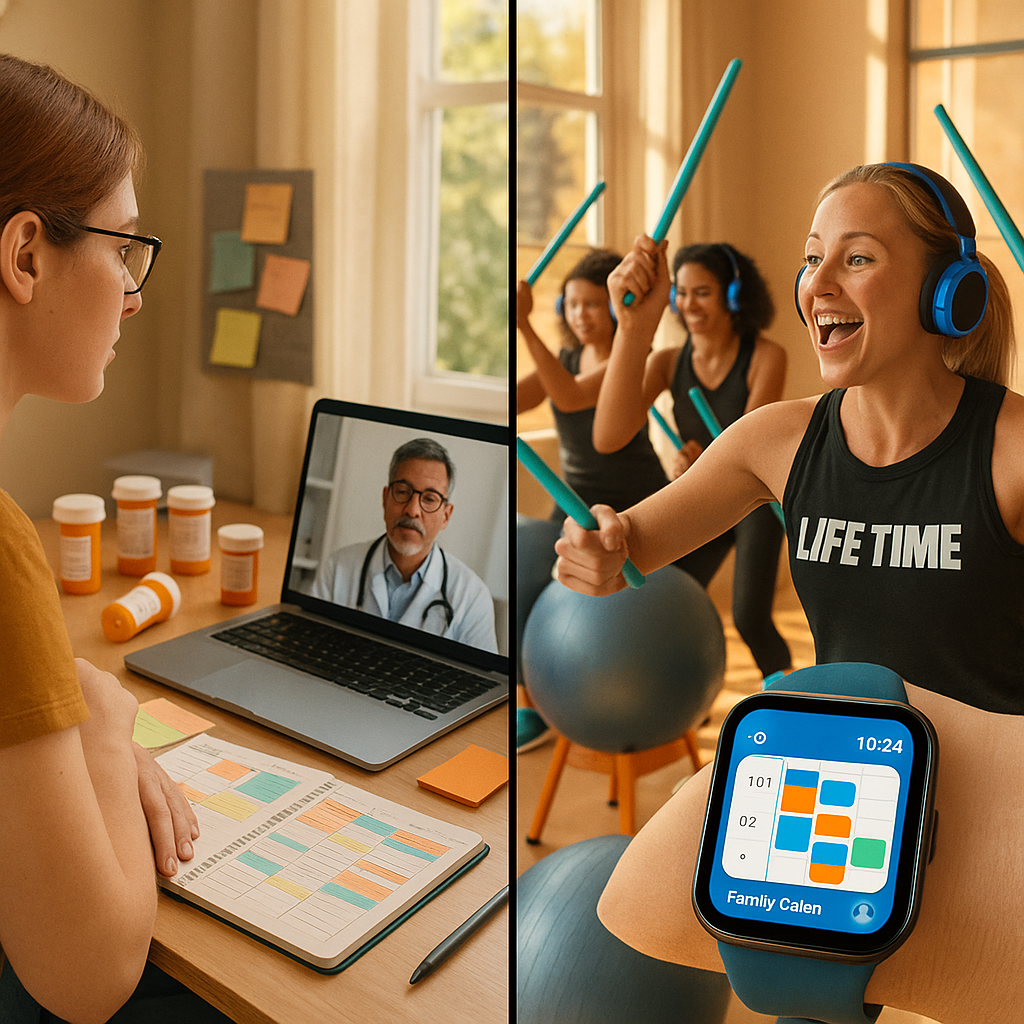Key Takeaways
- Women are diagnosed with ADHD an average of five years later than men, highlighting a significant diagnostic gap.
- This ADHD press review examines gender disparities, innovations in treatment, and the creative strengths of the neurodivergent community.
- Top story: Recent research underscores the persistence of gender bias in ADHD assessment, with women receiving diagnoses much later than men.
- Mind wandering among individuals with ADHD is increasingly seen as a creative problem-solving asset.
- The FDA is reviewing the once-daily ADHD medication CTx-1301, signaling possible advancements in treatment.
- Podcasts are supporting women with ADHD by fostering confidence and community.
- The following analysis includes insights and reactions from across the neurodivergent community.
Introduction
New findings reveal that women continue to experience a considerable delay in ADHD diagnosis, on average five years later than men. This raises concerns regarding gender bias and access to support. This ADHD press review for 15 October 2025 also covers research on neurodivergent creativity, recent advancements in treatment, and initiatives within the ADHD community.
Top Story: Gender Gap in Adult ADHD Diagnoses Widens
A recent study published in The Journal of Attention Research indicates that women receive an ADHD diagnosis on average 12 years later than men. Analysis of data from 15,000 adults in North America shows that women are typically diagnosed in their mid-30s, compared to men who are identified in their early 20s.
Research attributes the disparity to healthcare biases and gender-specific symptom presentation. Women are more likely to present inattentive symptoms, often mischaracterized as anxiety or depression, leading to missed diagnoses.
The ADHD Advocacy Coalition announced the launch of an awareness campaign next month. The campaign will provide healthcare professionals with updated tools to better recognize ADHD presentation patterns in women.
Also Today: Neurodiversity Insights
Mind Wandering as Creative Advantage
Recent cognitive research conducted by Stanford University shows that mind wandering, traditionally viewed as a challenge for people with ADHD, can facilitate creative problem-solving. Participants with ADHD produced 40% more innovative ideas during brainstorming exercises than neurotypical controls.
Researchers suggest that these findings support a strengths-based view of neurodivergent thought. Dr. Sarah Chen stated that different cognitive patterns should be recognized as unique ways of processing information that may offer specific advantages.
ADHD Podcasts Building Community
There has been a 300% increase in listenership for women-led ADHD podcasts over the past year. Programs such as “ADHD Decoded” and “Attention Please” reach more than two million monthly listeners, offering platforms for information exchange and peer support.
CTx-1301 FDA Review Progress
The FDA has finished its initial review of CTx-1301, a new ADHD medication aimed at providing more consistent symptom management. Results from Phase III clinical trials indicate improved support for executive function and fewer side effects compared to traditional stimulant medications.
What to Watch: Key Dates and Events
- The FDA is scheduled to announce its decision regarding CTx-1301 on 12 November 2025.
- The ADHD Awareness Month Summit in Chicago will take place from 25 to 27 October, featuring Dr. Lisa Martinez speaking about women’s diagnostic experiences.
- The International ADHD Conference in London is set for 5 to 7 December 2025, focusing on neurodiversity-affirming approaches to support.
Conclusion
The persistent delay in ADHD diagnosis for women highlights continuing gender disparities in care and underscores the importance of improved screening practices. Recognition of neurodivergent strengths, such as creativity associated with mind wandering, is influencing the development of new support strategies. What to watch: The upcoming FDA guidance on CTx-1301 on 12 November, alongside the Chicago summit dedicated to women’s diagnostic experiences.





Leave a Reply